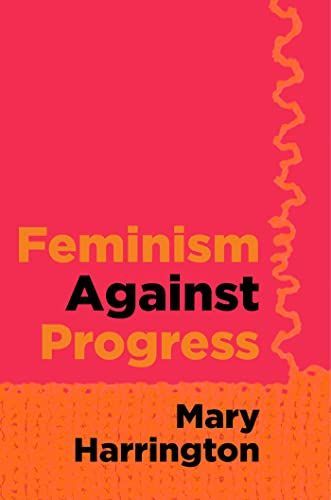
Feminism against Progress
Modern feminism increasingly benefits only a small class of professional women. There is no reason to sacrifice everyone else's happiness for their sake. Mary Harrington shows that women's liberation was less the result of moral progress than an effect of the material consequences of the Industrial Revolution. We've now left the industrial era for the digital age, in which technology is liberating us from natural limits and embodied sex differences. This shift may benefit the elites, but it also makes it easier to commodify women's bodies, human intimacy, and female reproductive abilities. "Feminism" has been captured by well-off white-collar women, who use it to advance their own economic and political interests under the pretense that these are the interests of all women—all the while wielding the term like a club against anyone, male or female, who dissents. Feminism against Progress is a stark warning against a dystopian future in which poor women become little more than convenient sources of body parts to be harvested and wombs to be rented by the rich. "Progress" no longer benefits the majority of women, and only a feminism that is skeptical of it can truly defend their interests in the twenty-first century.